Becky Morton
Political reporter

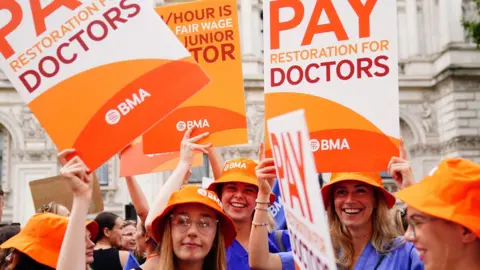 PA Media
PA Media
Junior doctors have taken part in 11 separate strikes in the past two years
Doctors in England are threatening strike action after they were handed a 4% pay rise.
The British Medical Association (BMA), the union representing doctors, said the increase - effective from 1 April - was "derisory" and did not go far enough in reversing historical pay freezes.
Meanwhile, the National Education Union (NEU) said it was likely to "register a dispute" with the government if it did not commit to fully funding the 4% pay rise for teachers in England.
Health Secretary Wes Streeting defended the offers on Thursday, saying they were above inflation - the rate prices are rising.
BMA council chairman Prof Philip Banfield said doctors' pay was still around a quarter less than it was 16 years ago, when taking account of inflation.
He said the pay rise "takes us backwards, pushing pay restoration even further into the distance without a government plan or reassurance to correct this erosion of what a doctor is worth".
Dr Banfield added that "no one wants a return to scenes of doctors on picket lines" but the government's actions had "sadly made this look far more likely".
The BMA said it would ballot members next week over possible strike action.
The Department of Health said resident doctors, formerly called junior doctors, would get an extra £750 top-up, taking their average pay rise to 5.4%.
Resident doctors took part in 11 separate strikes during 2023 and 2024 as they had been arguing for a 35% increase to make up for 15 years of below-inflation pay awards.
They were given rises worth an average of 22% over the last two years to bring an end to those strikes - and the BMA argues this year's pay award did not do enough to make up that remaining shortfall.
Meanwhile, health unions reacted angrily after a smaller rise of 3.6% was announced for other NHS staff, including nurses, midwives and other front-line workers.
The Royal College of Nursing said it was "grotesque" that nurses had been offered a smaller rise than doctors, which it said would be "entirely swallowed up" by price rises.
The union plans to consult nurses on whether they are happy with the rise, or if they want to move forward with industrial action. If they back the latter, a formal strike ballot could be run.
NHS staff in Wales and Northern Ireland are likely to be given the same pay award, as the governments there have accepted the same recommendations.
Health and Social Care Secretary Wes Streeting said: "This government was never going to be able to fully reverse a decade and a half of neglect in under a year, but this year's pay increases - and last year's - represent significant progress in making sure that NHS staff are properly recognised for the outstanding work they do."
Inflation unexpectedly rose to 3.5% in the year to April, with economic forecasters predicting a figure of 3.2% for this financial year.

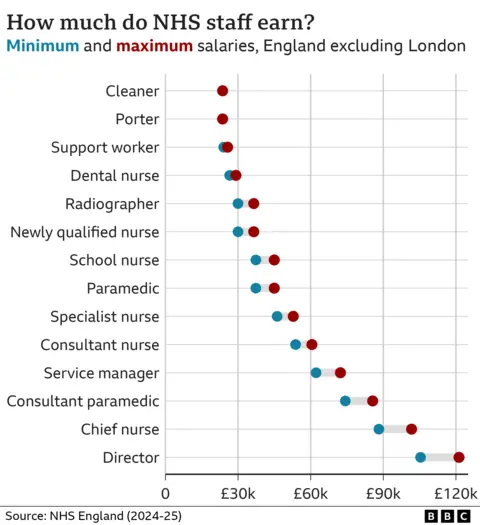
While education unions broadly welcomed the pay rise, they raised concerns it would only be partly covered by government.
The education department has announced an additional £615m to cover the rises, but said schools would be asked to partially fund the awards through "improved productivity and smarter spending".
Daniel Kebede, general secretary of the NEU, the largest teaching union, said in many schools this would result in "cuts in service provision to children and young people, job losses, and additional workloads for an already overstretched profession".
He added: "Unless the government commit to fully funding the pay rise then it is likely that the NEU will register a dispute with the government on the issue of funding, and campaign to ensure every parent understands the impact of a cut in the money available to schools, and that every politician understands this too."
Kebede told the BBC his union would consult members over the offer, but he felt it would be "broadly acceptable" and that strike action was "very unlikely".
The rises come after ministers accepted proposals from a series of pay review bodies, which are tasked with recommending pay awards for around 45% of people working in the public sector.
The awards are higher than the 2.8% the Treasury previously budgeted for, with ministers saying most of the remainder will have to come from existing budgets.
Labour ended long-running public sector strikes last summer by accepting recommended pay rises between 4.75% and 6% for last year.
Ministers argued the move was required to stop damage to the economy - but it led to Conservative accusations they had lost control of public sector pay.
Edward Argar, shadow health secretary, said: "We warned Labour that the unions would simply come back for more when they gave in to the strikes and agreed to above-inflation pay demands with no strings attached.
"Now, with the threat of renewed strikes once again casting a shadow over the NHS, that warning is becoming reality."



 German (DE)
German (DE)  English (US)
English (US)  Spanish (ES)
Spanish (ES)  French (FR)
French (FR)  Hindi (IN)
Hindi (IN)  Italian (IT)
Italian (IT)  Russian (RU)
Russian (RU)  3 weeks ago
3 weeks ago
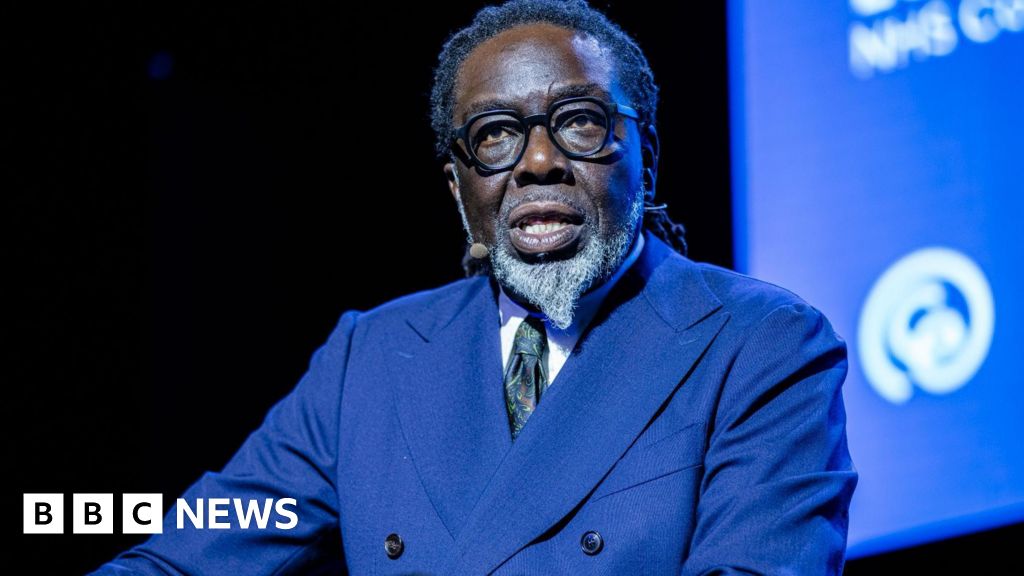
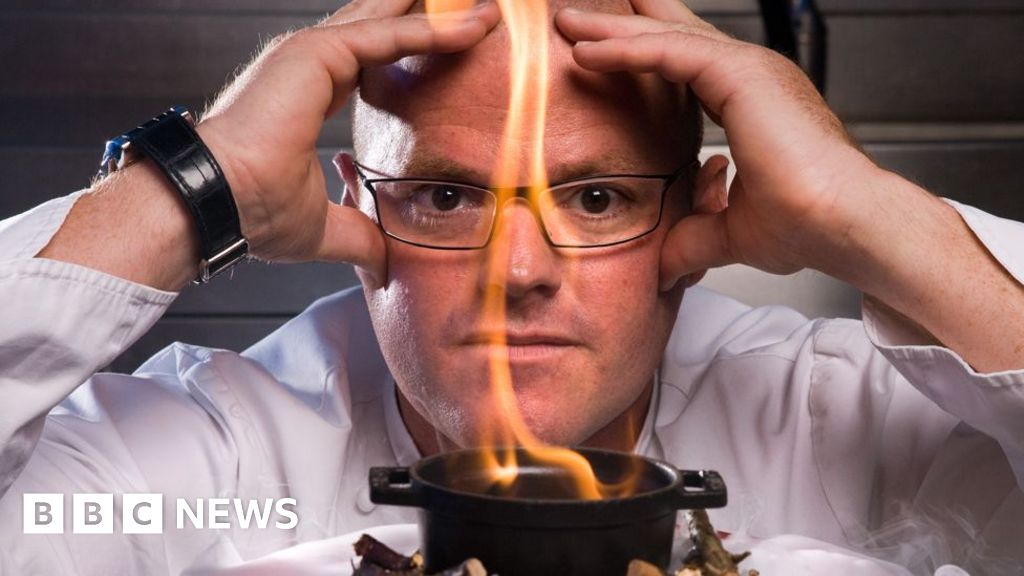
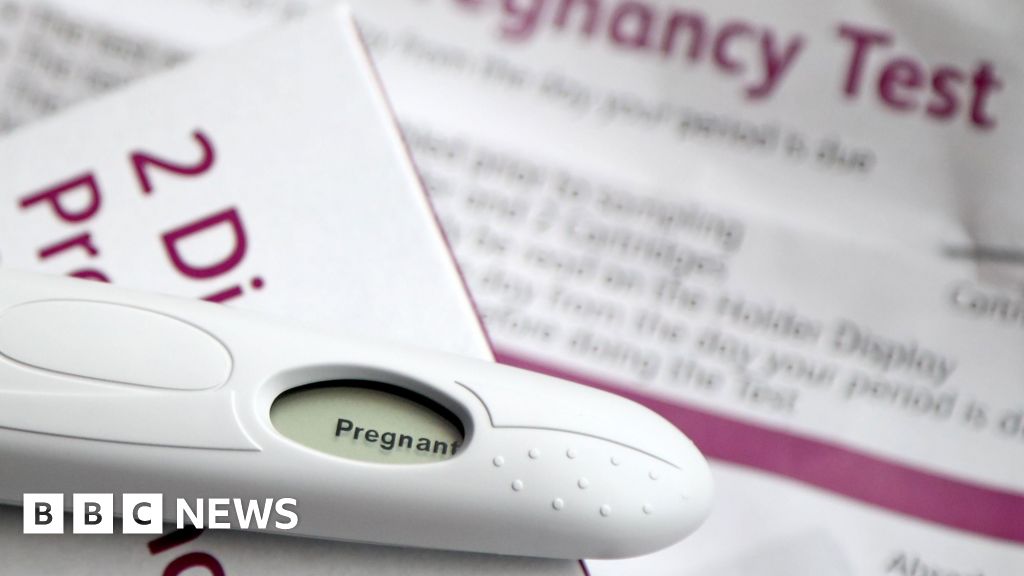

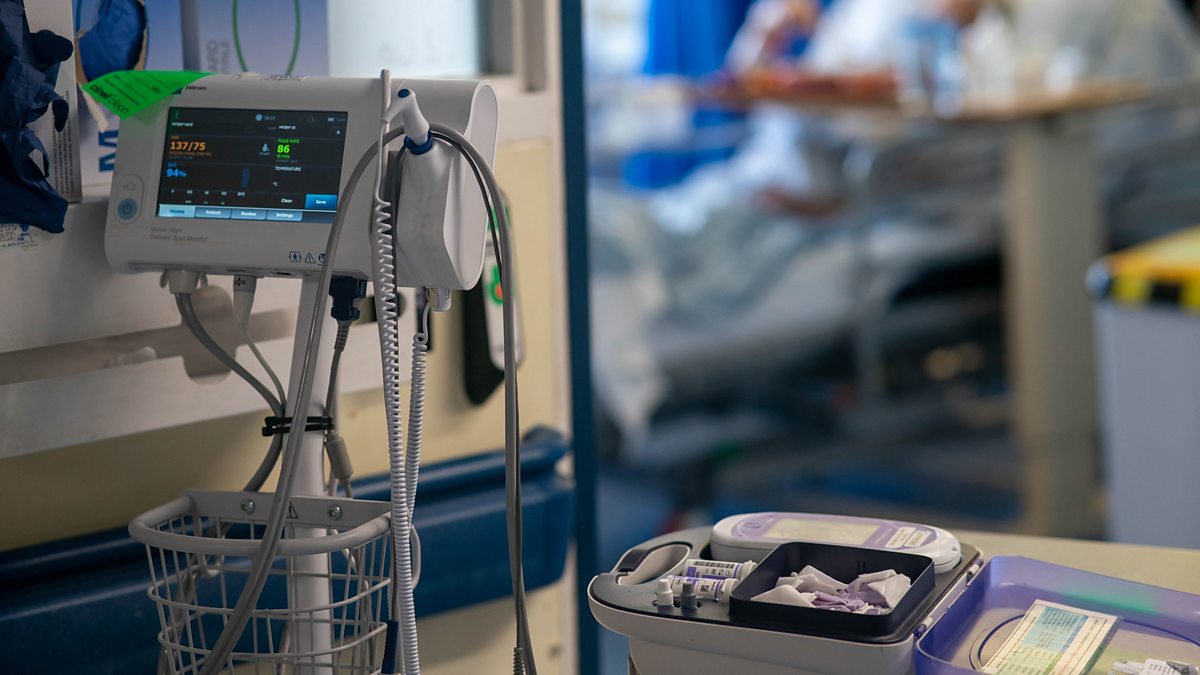

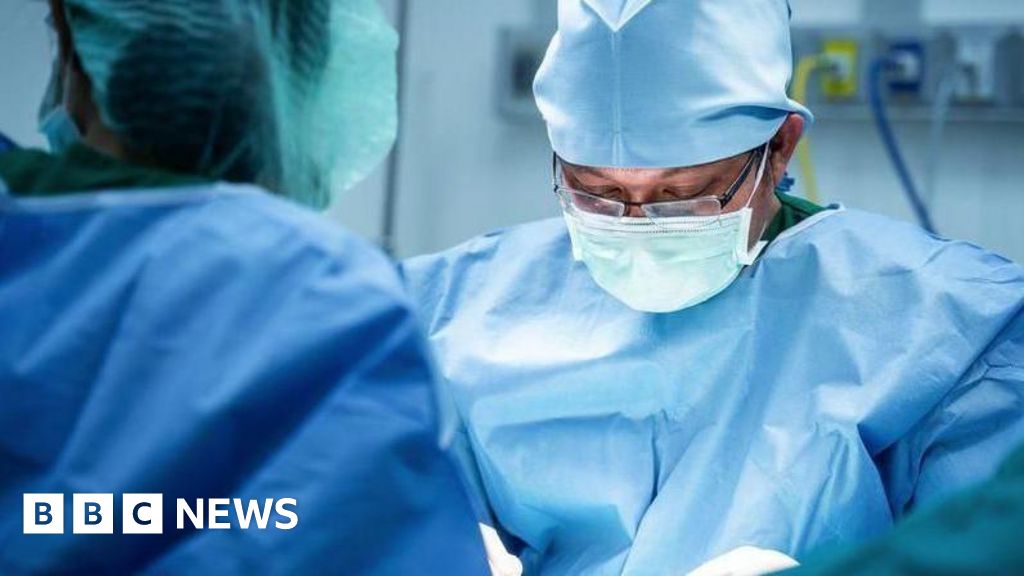
















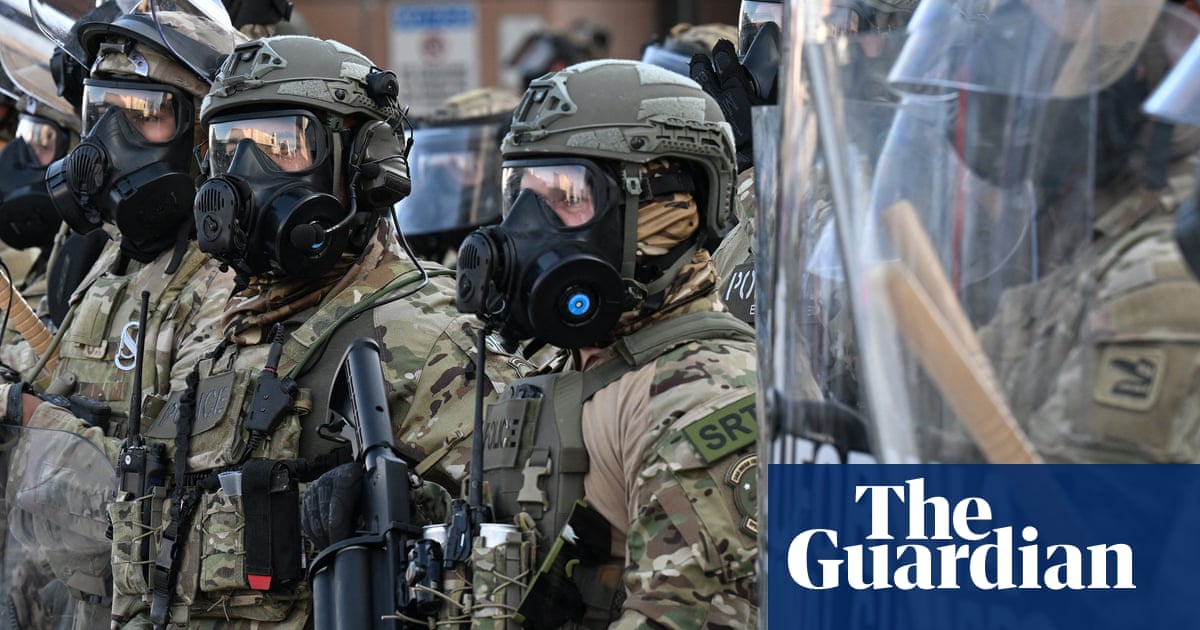
Comments